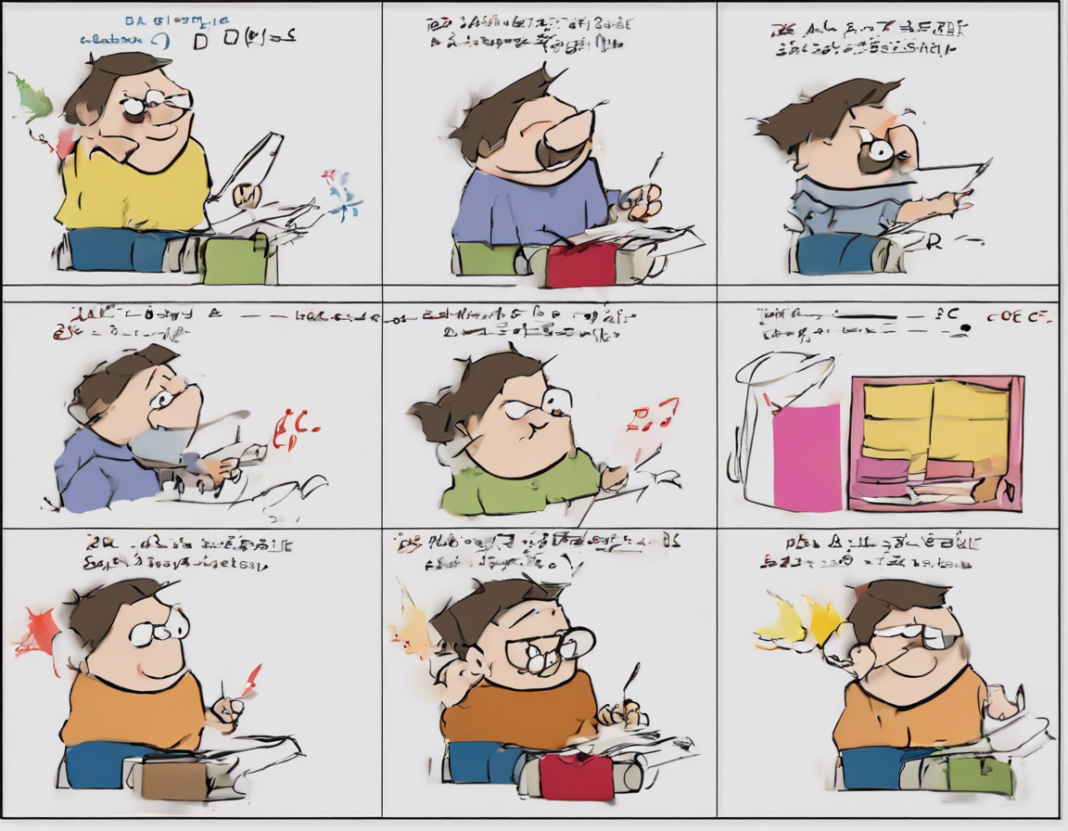Introduction
When dealing with mathematical puzzles and problems, there are numerous interesting scenarios that can arise. One such problem involves finding the value of the cube of the sum of three numbers when their sum is zero. This particular problem not only challenges one’s mathematical abilities but also requires a keen understanding of algebraic concepts and number theory. In this article, we will delve into the intricacies of this problem, exploring various strategies and techniques to arrive at a definitive solution.
Understanding the Problem
To begin with, let’s frame the problem statement clearly. We are given three numbers, let’s call them a, b, and c, with the constraint that their sum is equal to zero:
a + b + c = 0
The task at hand is to find the value of the cube of the sum of these three numbers, i.e., (a + b + c)^3, given that a + b + c = 0.
Approach 1: Algebraic Manipulation
One way to tackle this problem is through algebraic manipulation. Since we know the sum of the three numbers is zero, we can express one of the numbers in terms of the other two. For instance, if we solve the equation a + b + c = 0 for c, we get:
c = -a – b
Now, we can substitute this expression for c in the expression (a + b + c)^3:
(a + b + (-a – b))^3
Simplifying further:
(0)^3
Therefore, the cube of the sum of three numbers when their sum is zero is 0.
Approach 2: Geometric Interpretation
Another way to look at this problem is through a geometric lens. Consider a three-dimensional coordinate system where each number (a, b, c) corresponds to a coordinate in space. Since the sum of the three numbers is zero, they lie on a plane that passes through the origin.
In this scenario, the cube of the sum of the three numbers would represent the volume of a cube with sides equal to the distances of these points from the origin. However, since the points lie on a plane, the volume of this cube would be 0.
Conclusion
In conclusion, the cube of the sum of three numbers always evaluates to 0 when their sum is zero. This fact can be proven through algebraic manipulation or visualized geometrically. Understanding such mathematical relationships not only enhances problem-solving skills but also fosters a deeper appreciation for the beauty of mathematics.
Frequently Asked Questions (FAQs)
1. Is there a general rule for cubing the sum of n numbers when their sum is zero?
Answer: Yes, the cube of the sum of n numbers always evaluates to 0 when their sum is zero.
2. Can this problem be extended to higher dimensions beyond three numbers?
Answer: Yes, the concept holds true for any number of dimensions, as long as the sum of the numbers is zero.
3. Are there real-life applications for understanding such mathematical relationships?
Answer: While this specific problem may not have direct real-world applications, the analytical and critical thinking skills honed through solving it can be valuable in various fields.
4. How can visualizing the problem geometrically aid in solving it?
Answer: Geometric interpretation provides a different perspective that can sometimes simplify complex mathematical concepts and make problem-solving more intuitive.
5. Are there variations of this problem with different constraints on the numbers?
Answer: Yes, similar problems can be formulated with different constraints, leading to diverse solutions and insights into mathematical relationships.

